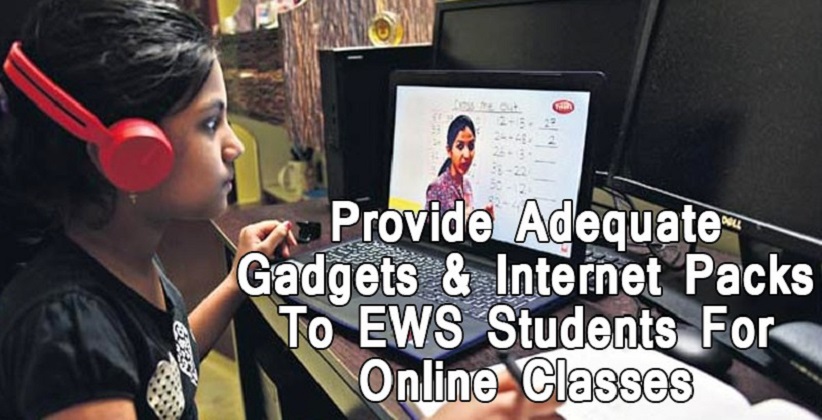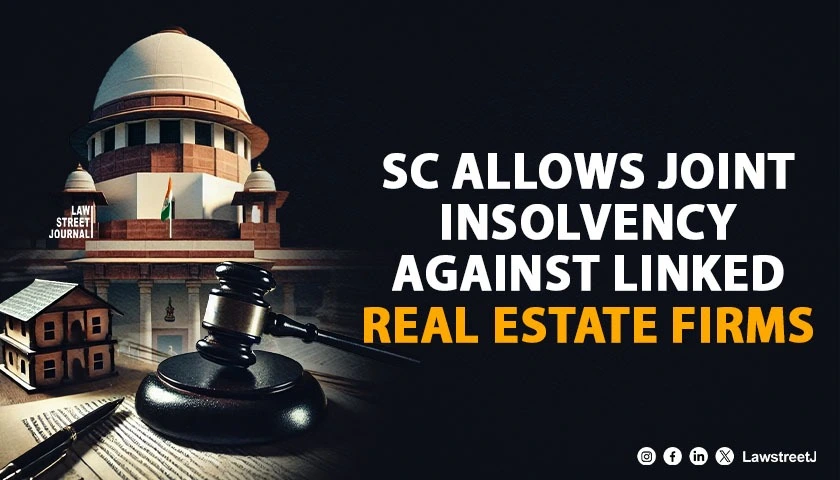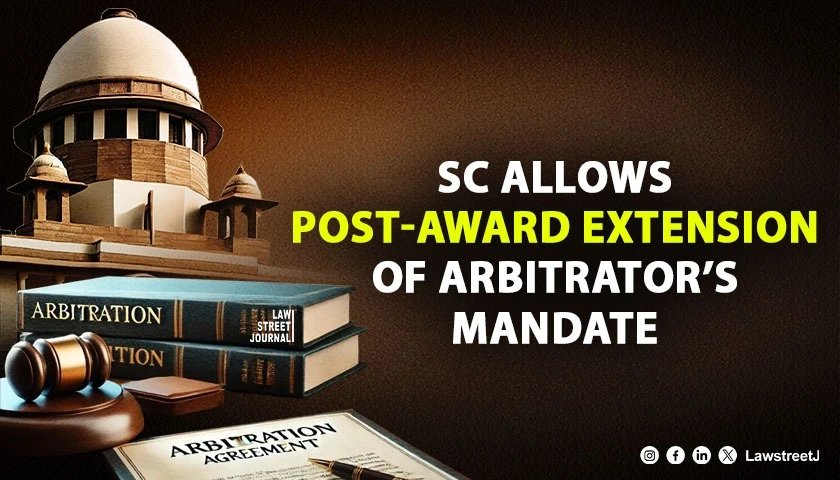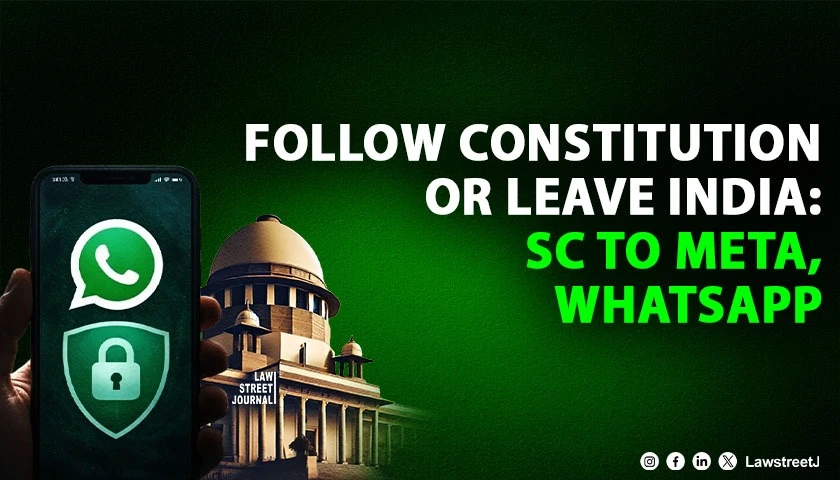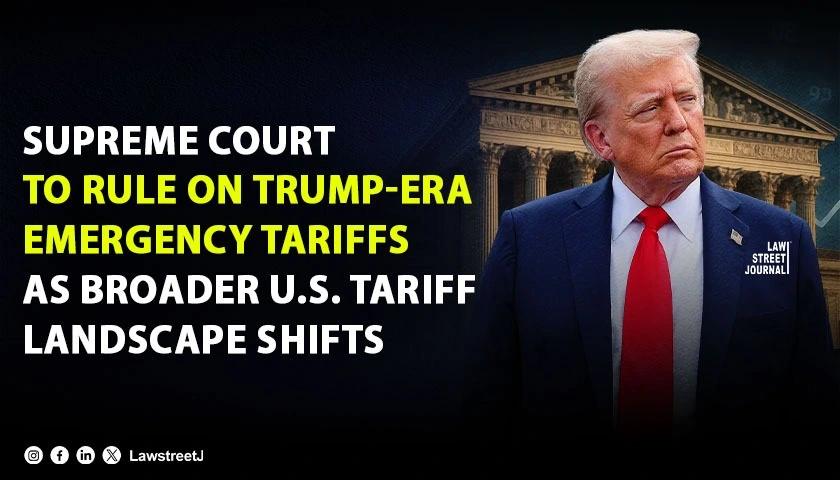The Delhi High Court directed the private unaided schools as well as government schools to make the electronic gadgets and internet packs available to the Economically Weaker Section (EWS) and the other disadvantaged group (DG) so that those students are not left out in the online classes and have equal access to the virtual classes till the Covid-19 situation gets in hand.
The order was passed by the Division Bench comprising of Justice Manmohan and Justice Sanjeev Narula they have proposed the principle of bridging the digital divide among the privileged and unprivileged students. The bench has although allowed the schools to seek repayment for the costs incurred for providing these facilities to the students from the appropriate government under section 12 of the Right to Education Act.
The petition was moved to the Court by the Justice For All, where they were demanding laptops, internet connection, and other necessary devices for the EWS and DG category students so that there is no discrimination made between the underprivileged and privileged students and the EWS students are sacrificing their studies in this lockdown situation.
Mr. Khagesh B Jha appeared on behalf of the petitioners and contended that the present writ has to be allowed and admitted in order to implement the right to free and compulsory education formulate under Article 21A of the Constitution of India r/w with Section 3 and 8 of the Right to Education Act, 2009 in his letter.
He further argued that Section 12(2) of the RTE Act has even specified provisions for and defining the extent of reimbursement to the private unaided schools as mentioned u/s 2(n)(iv) which are providing free and compulsory education to the EWS and DG as per the terms of Section 12(1)(c). Although, the schools which are already availing some prepaid in terms of concessional lands or other facilities from the government then they cannot demand any further reimbursement from the government, as specified in the proviso of Section 12(2).
The advocate put forth some other essential contentions that Section 8(d) of the RTE Act 2009 casts a duty on the State to provide the essential infrastructure to such students including school building, teaching staff as well as any more learning equipment which includes the devices required to participate in virtual classrooms to avail the online education.
The Court heard the arguments of the State government, the petitioner, and many other private schools who were party to the petition, and the Court referred to a judicial precedent from India as well as abroad and even from the Learning- The Treasure Within report of the UNESCO. The Court dynamically applied the interpretations of the provisions of the RTE Act as the society was evolving and so does the law, to be in acquiescence with their wants. The Court stated, The private schools which are providing synchronous Face-to-Face Time Online Education are the very same neighborhood schools which satisfy all the requisites of the RTE Act 2009. Hence, the teaching through online means is in accordance with the RTE Act, 2009 requirements. Thus, both the requirements as mentioned in Article 21A and Section 3 of the RTE Act are clearly fulfilled even with respect to education being imparted via virtual means.
The Court declared while recognizing the rights of EWS and DG category students u/s of 3 of the RTE Act have to be undertaken seriously by all the school and stated, As online learning facility is nothing but a virtual classroom i.e. simulation of the physical classroom by replacing dissemination of instructions in direct physical presence by virtual dissemination by not providing the required indispensable equipment to the EWS and DG students (who are otherwise not in a position to buy or arrange such gadgets from their own means) the school is putting a financial bar on such students and thereby preventing them from opening the link and pursuing and completing their elementary education in the present pandemic at par with other students in the same class.
To address the virtual divide the Court has ordered the private unaided schools under section 12(1)(c) and government school under section 3(2) of the RTE Act, 2009 to provide the necessary equipment of optimum configuration which would be adequate enough to enable the EWS/DG category students for getting online access to their classes. The court remarked, Consequently, to ensure level playing field and to remedy this digital divide or digital gap or digital apartheid in addition to the segregation, if the private unaided school has to bear any extra costs for making these facilities available to students, it must bear the cost at first instance and right a claim of reimbursement from the State in accordance with Section 12(2) of the RTE Act, 2009.
Apart from this, the Court has also established a committee comprising of Secretary Education, Ministry of Education, Central Government or their representative, Secretary Education GNCTD to make Standard operating Procedures for identification of standard gadget(s)/ equipment(s) as well as their respective manufacturer and internet packages for better access of elementary education to EWS/DG category students through online means. The Committee shall identify all these gadgets and equipment and take an account of the factors like its utility, ease of operation, cost, maintenance, charges, the life of gadgets, child lock, etc. within a period of two weeks from its constitution.
The Committee was also responsible for the purchasing of the gadgets and equipment which is to be wither by cluster bidding or by individual schools or need to be hired by way of lease or license agreement from the retail sellers.
Thus, this was a great move made by the Delhi High Court for the EWS/DG students as well as setting up higher standards of the Education sector by providing education to all classes of students. The Court has also tried its best to bridge the digital gap between its students and education.

